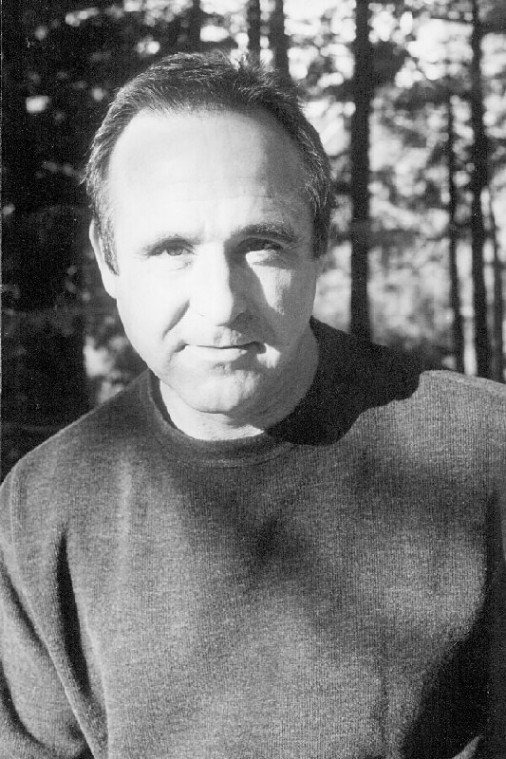James Brown has led a difficult life, no one can argue with
that. When he was 5-years-old he sat in a parked car in a working
class neighborhood in San Jose as his mom set fire to an apartment
building.
James Brown has led a difficult life, no one can argue with that. When he was 5-years-old he sat in a parked car in a working class neighborhood in San Jose as his mom set fire to an apartment building.
In his early 20s, his oldest brother committed suicide, and a decade or so later, his sister did the same. Like them, he struggled for a long time with alcohol and drugs, yet, unlike them, he was able to prevail, and we as readers are glad for it.
In “The Los Angeles Diaries,” Brown’s fifth book and his first memoir, he unravels his life piece by piece in stories that are well-crafted and unsparing in their emotional honesty. With a novelist’s attention to detail, and a poet’s sense of what’s necessary, the stories dignify his life, and make us glad that he ultimately wins out over his addiction, loss and grief.
In the opening chapter titled “Fire,” dated “Winter, 1994” we meet Brown as he is driving from his home in the San Bernardino Mountains to Burbank, Calif. to meet with a Disney Studio executive. He’s there to get feedback on his latest screenplay. But before getting there, stuck in L.A. traffic, he thinks back to a time when he was just 9-years-old and he and his brother and sister were down in a dry creek bed with a bottle of stolen liquor. When ashes from a nearby fire suddenly begin to fall from the sky, his sister stands up and shouts “Look, look – snow”. As ashes fall everywhere, they spin around with their mouths open until, he writes, “our tongues turn black.”
With this kind of foreshadowing, it’s no surprise when the young woman sitting behind the executive desk rejects his screenplay and asks “don’t you write anything light?”
The stories that follow, many of which have some humorous moments, take us to college classrooms where Brown is teaching English and creative writing despite being wasted from a drug binge the night before, and back again several times to Los Angeles, where we come to know his brother, the aspiring actor who skipped two grades at age eleven, and his sister, who after four years of recovery from alcohol, ultimately goes back to drinking and dies because of it. There’s also the bitter-sweet story about the Vietnamese potbellied pig Brown buys for $250 to placate his wife after being gone for several days on an alcohol binge. As you might guess, the pig fares better than he does in the days that follow.
Through each story that unfolds, Brown continually gets the details right, and without sentimentalizing his emotions or ours, gets us to stay with him until the very last page, where the story doesn’t so much end as begin again with a new life, a new marriage and a new book.
– Mary Ellison,
Barnes&Noble, Gilroy












